healing library.
a collection of books, articles, graphics, & research
to guide you in your healing process
~ always learning more~
books:
essays + activities:
click any image below to access a pinterest board of healing activities, mantras, and communal care reminders:
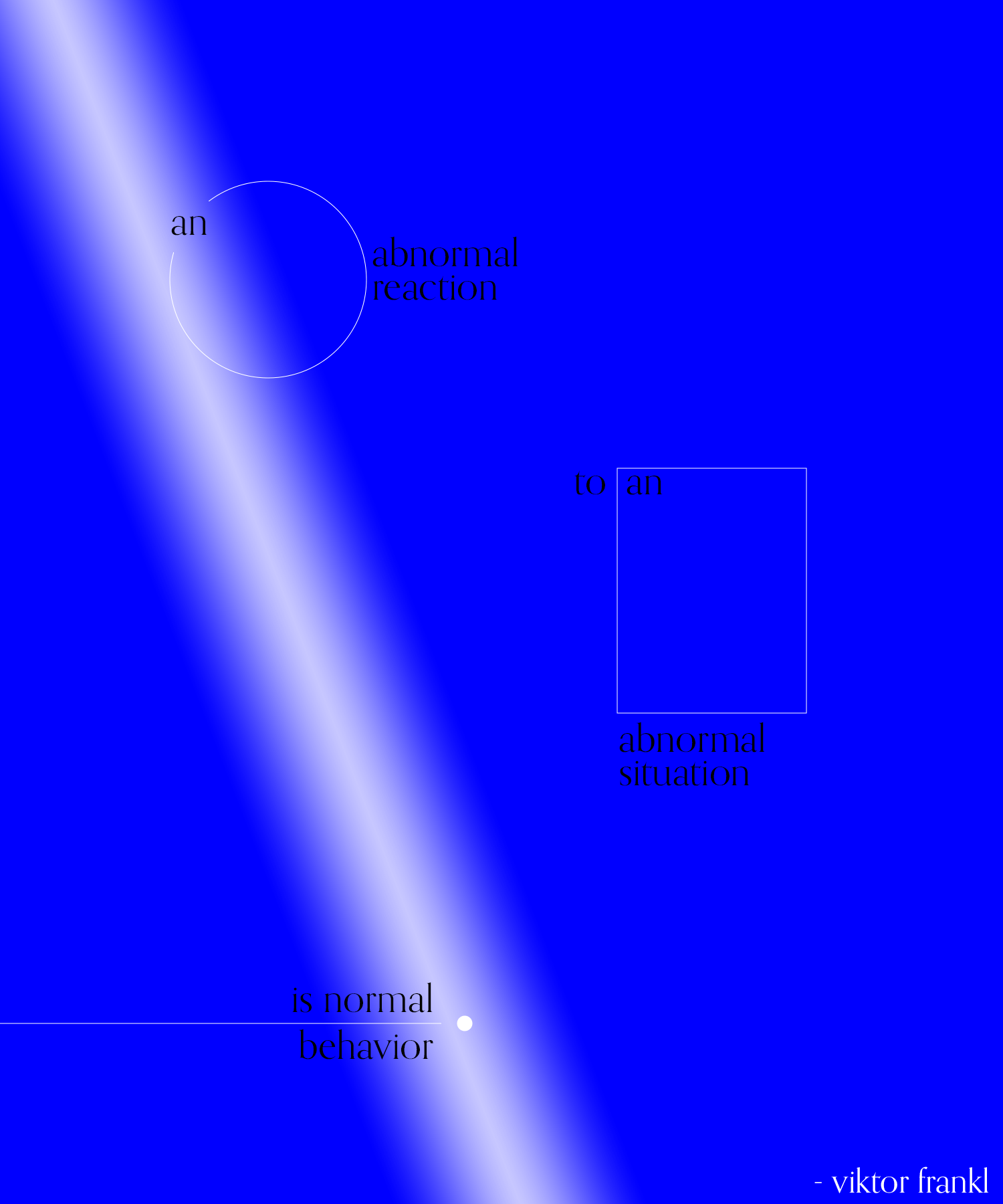
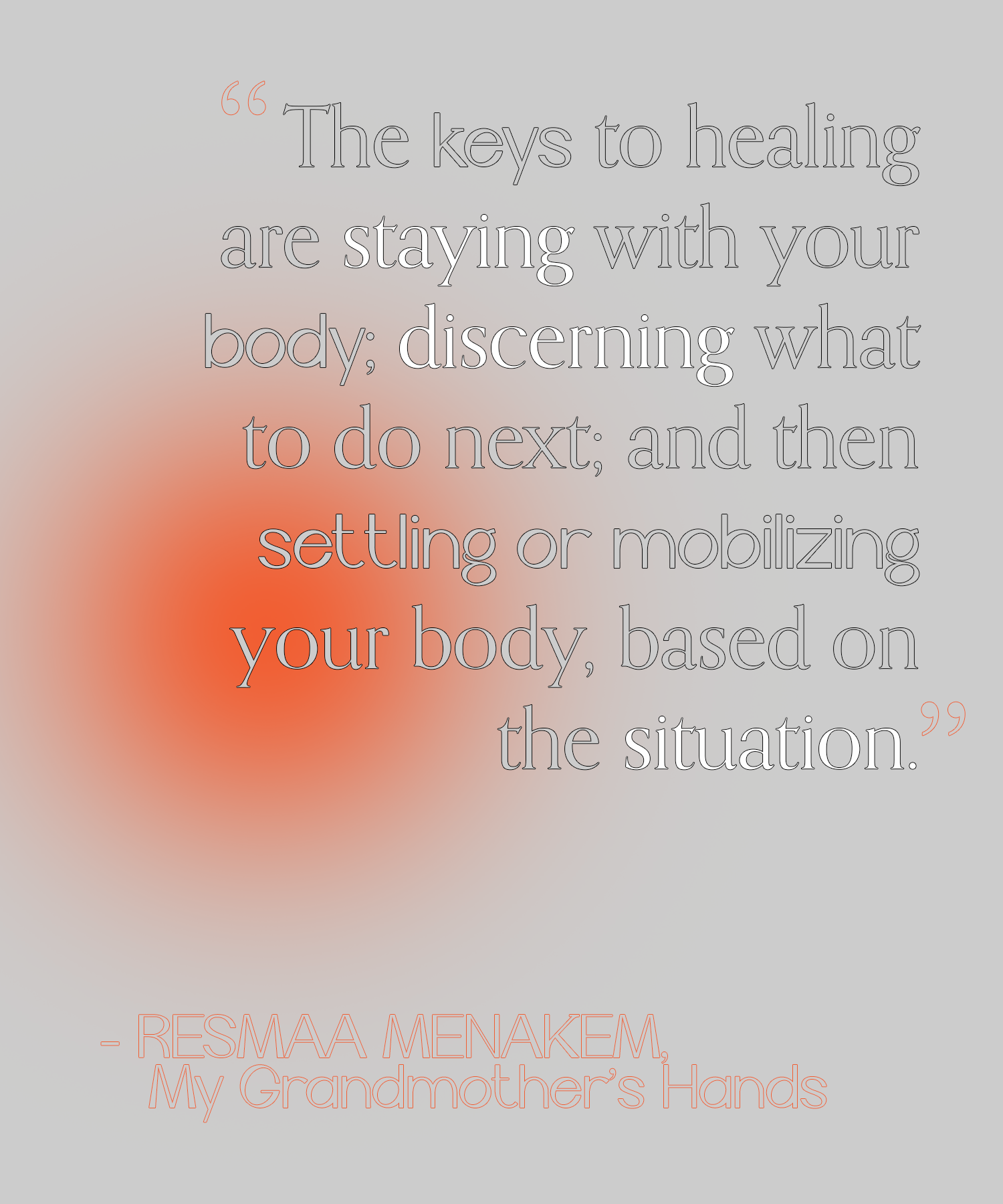


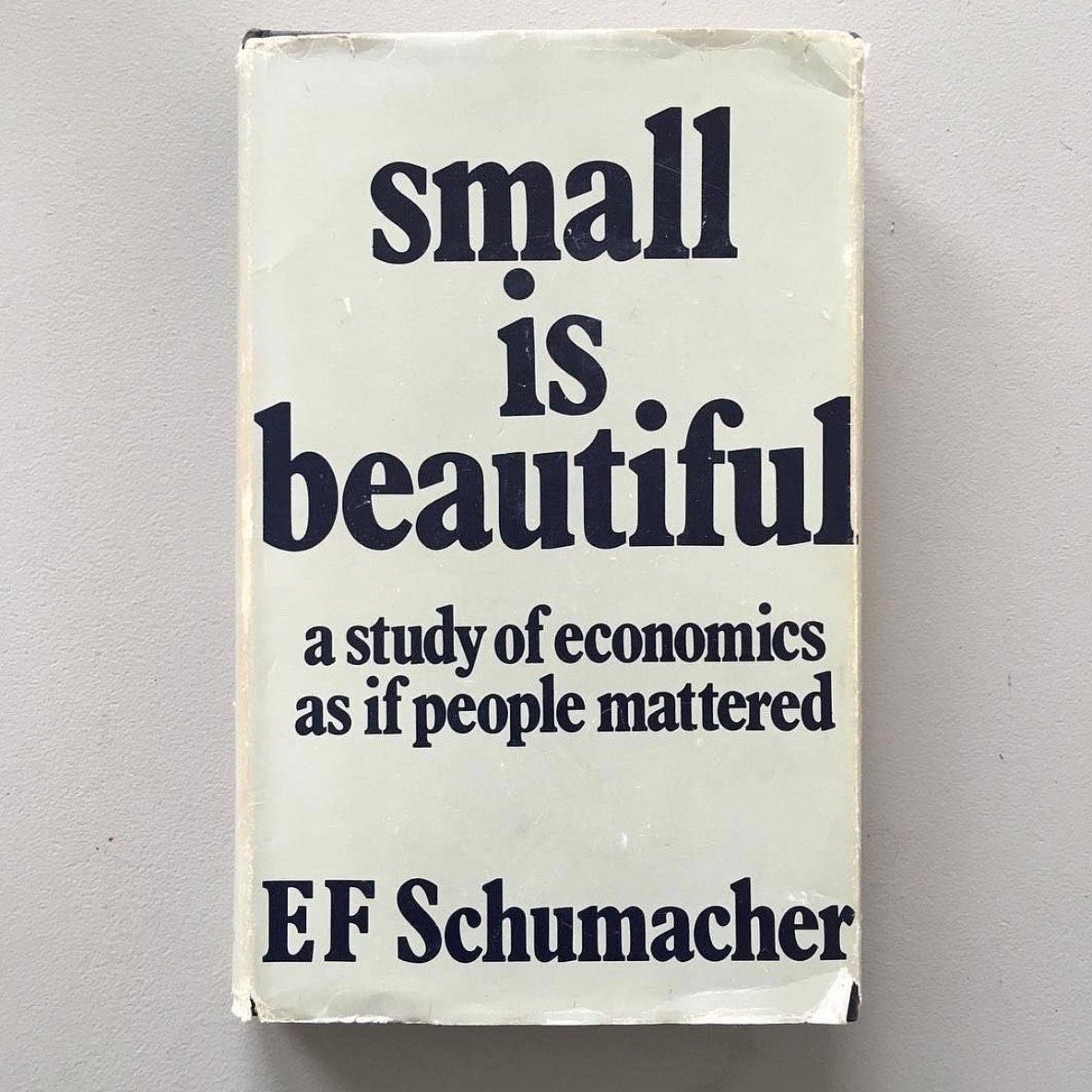



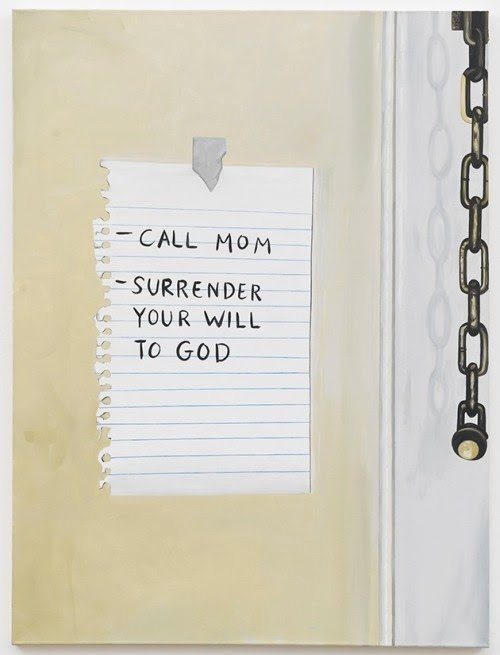







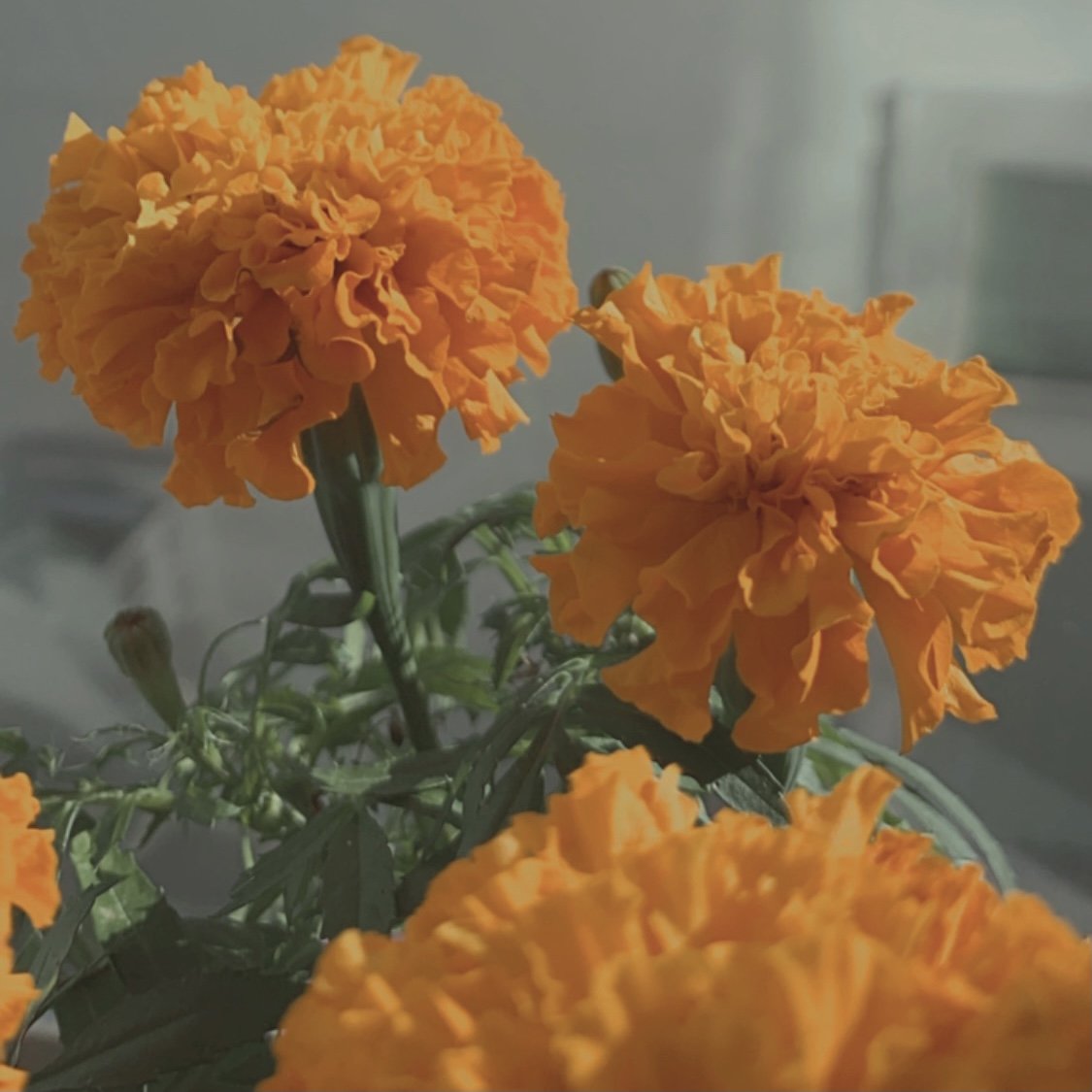
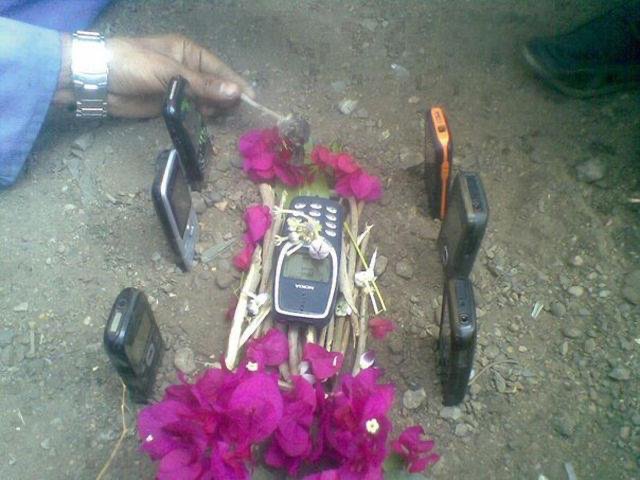







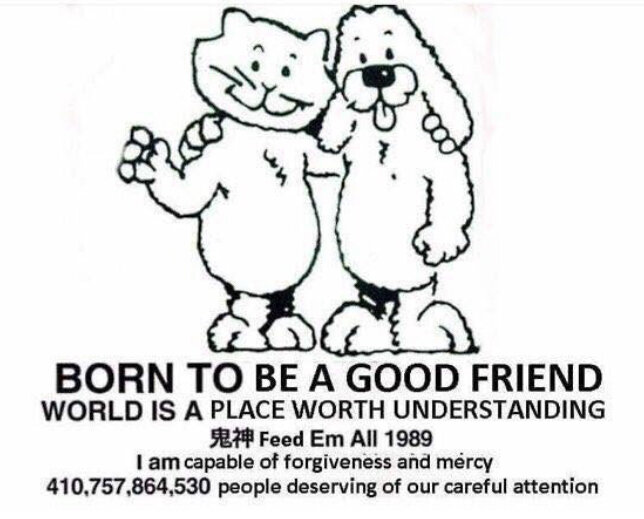





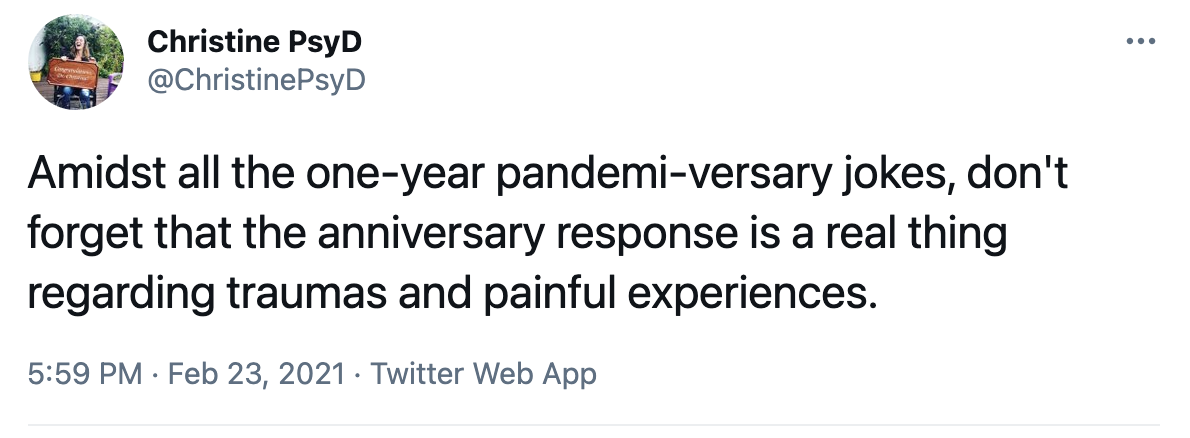
![[article link] My Therapist Says That’s a Thought, Not a Feeling](https://images.squarespace-cdn.com/content/v1/5fc68c256b97992eb5827152/3b99eee8-c261-4899-b56c-47ad163c3b95/feelings+wheel+article.png)

![[article link] Anniversary Reactions to a Traumatic Event: The Recovery Continues](https://images.squarespace-cdn.com/content/v1/5fc68c256b97992eb5827152/b12cda9b-3bd8-41ff-bf29-252eb98a0eb1/anniversary+reaction+article.png)

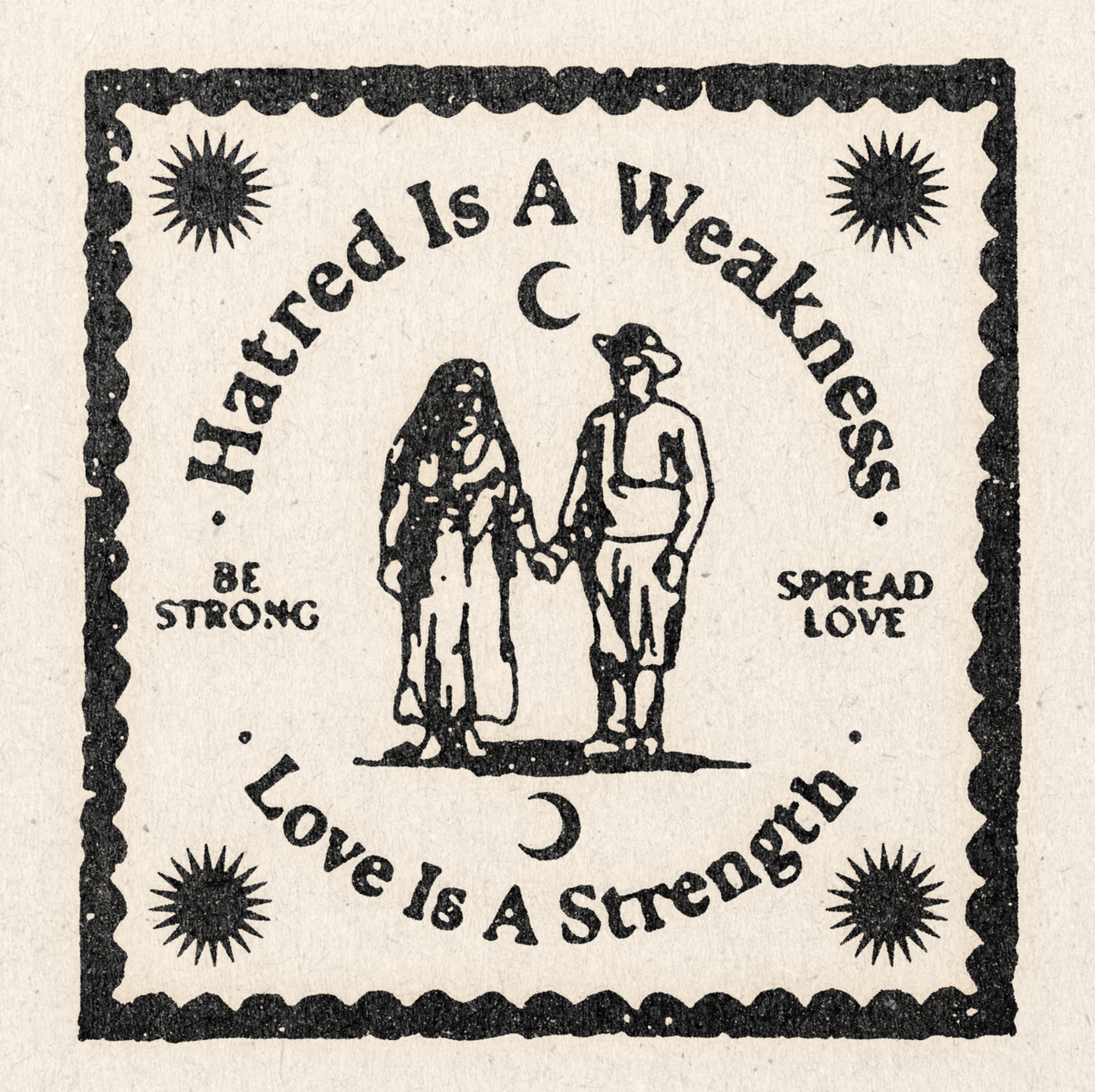


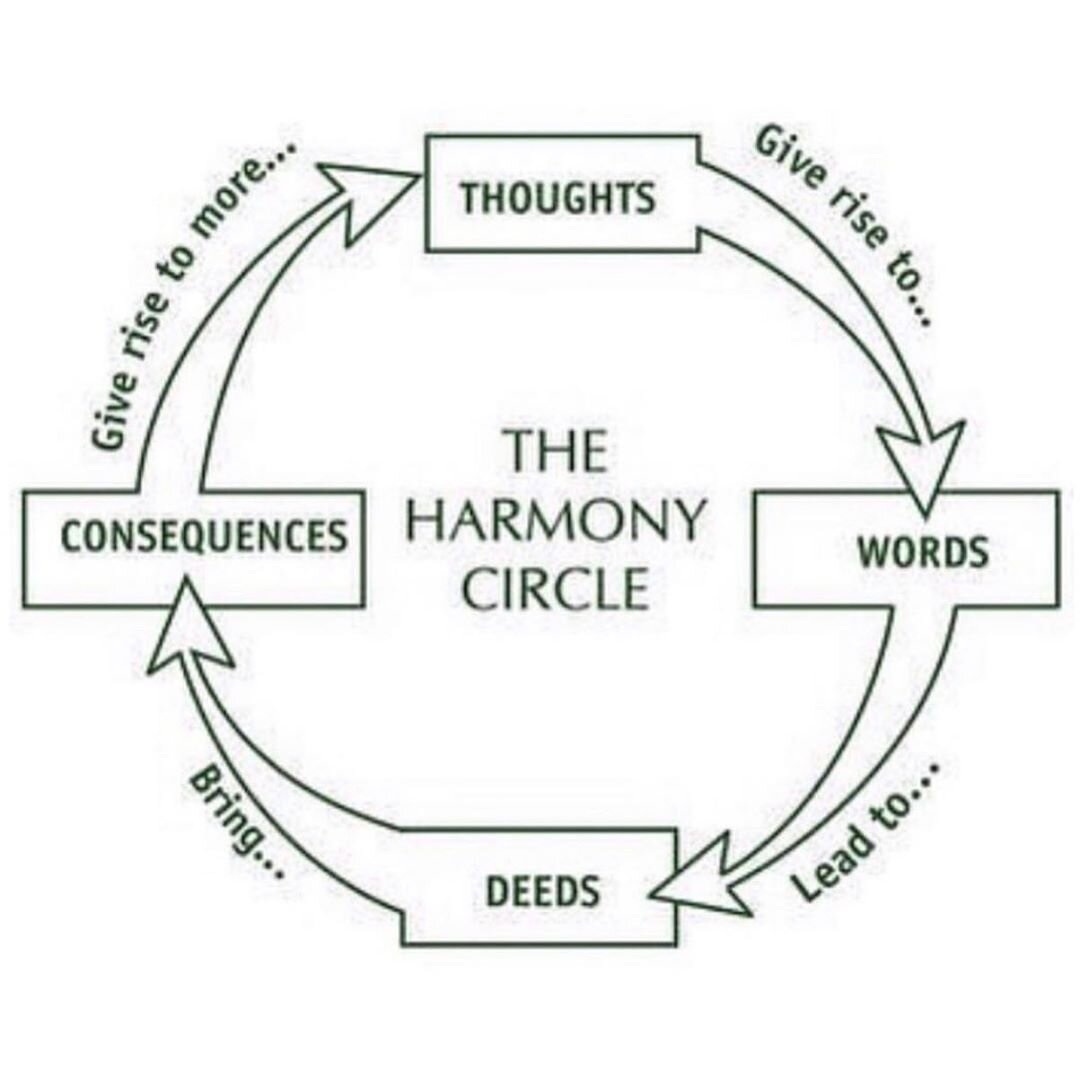
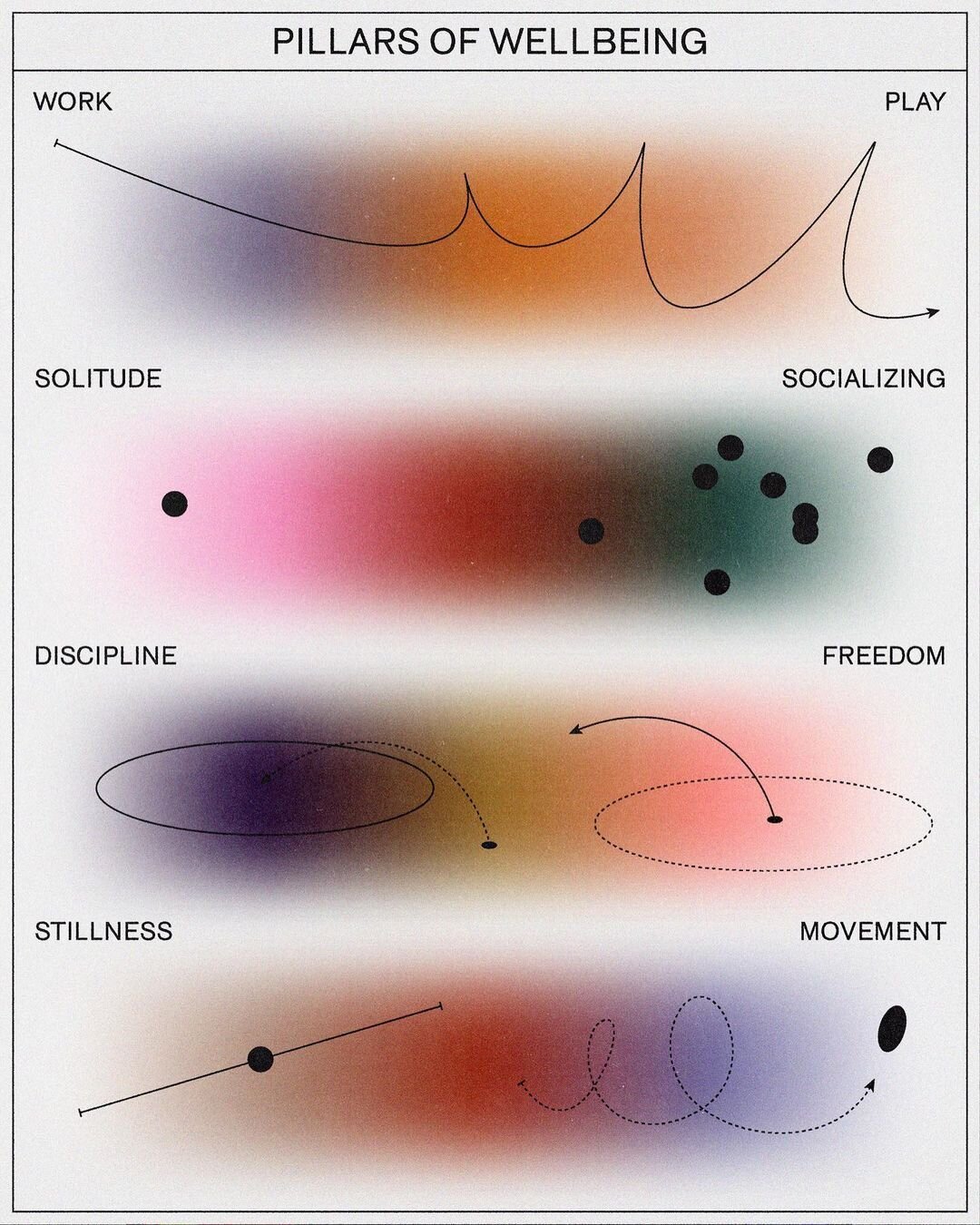


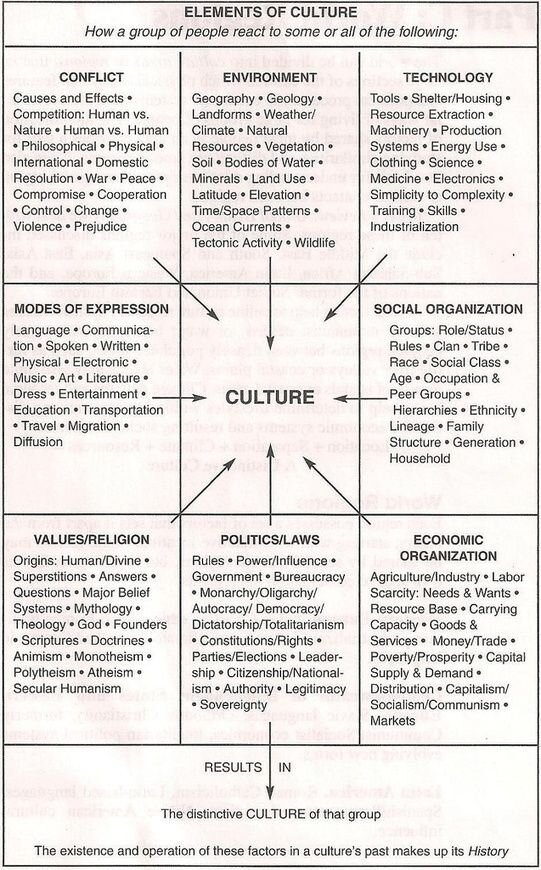

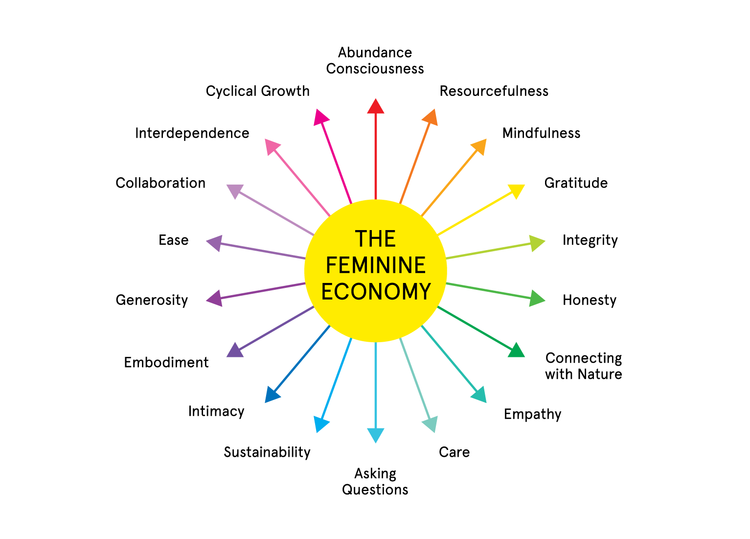



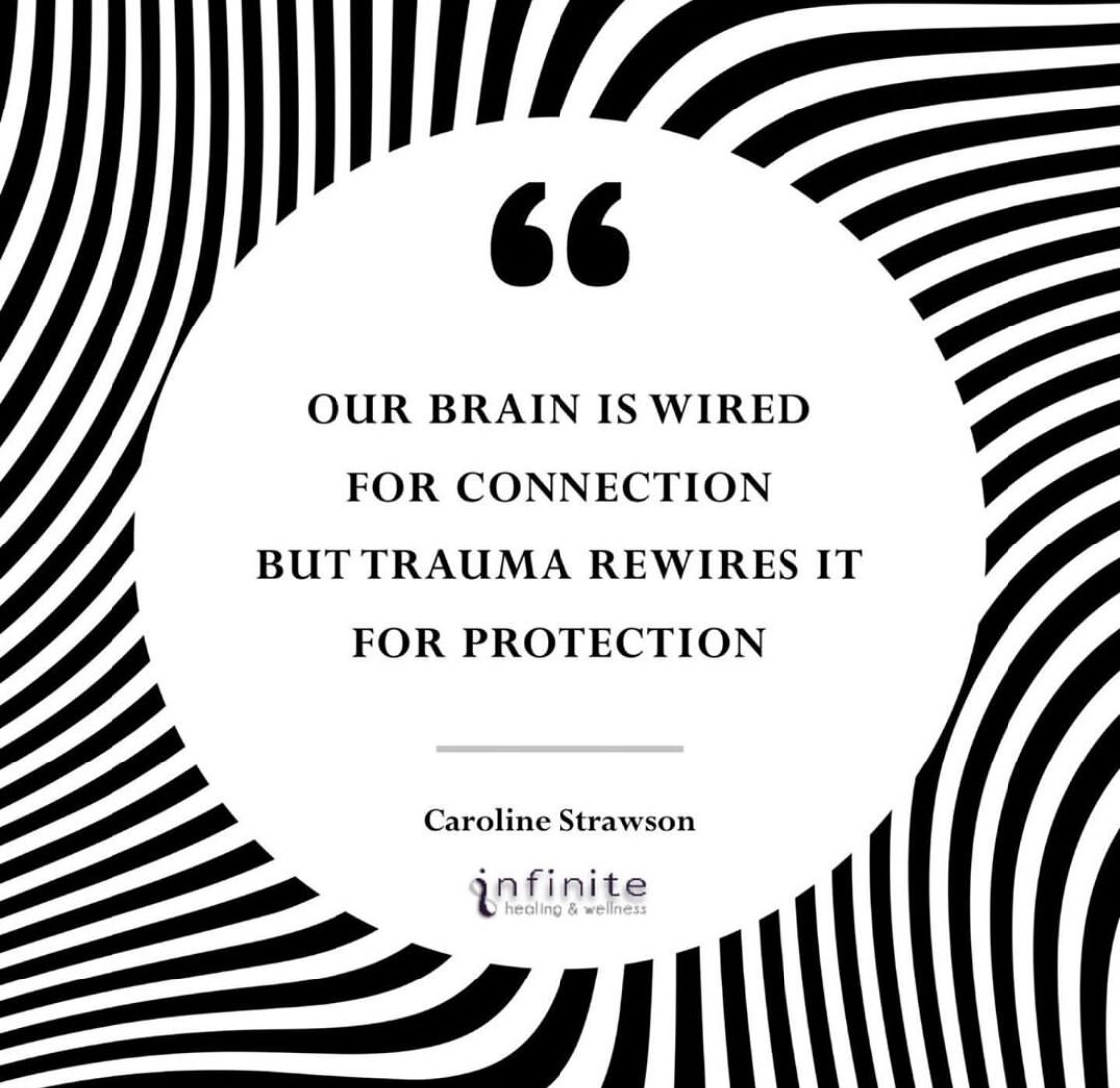



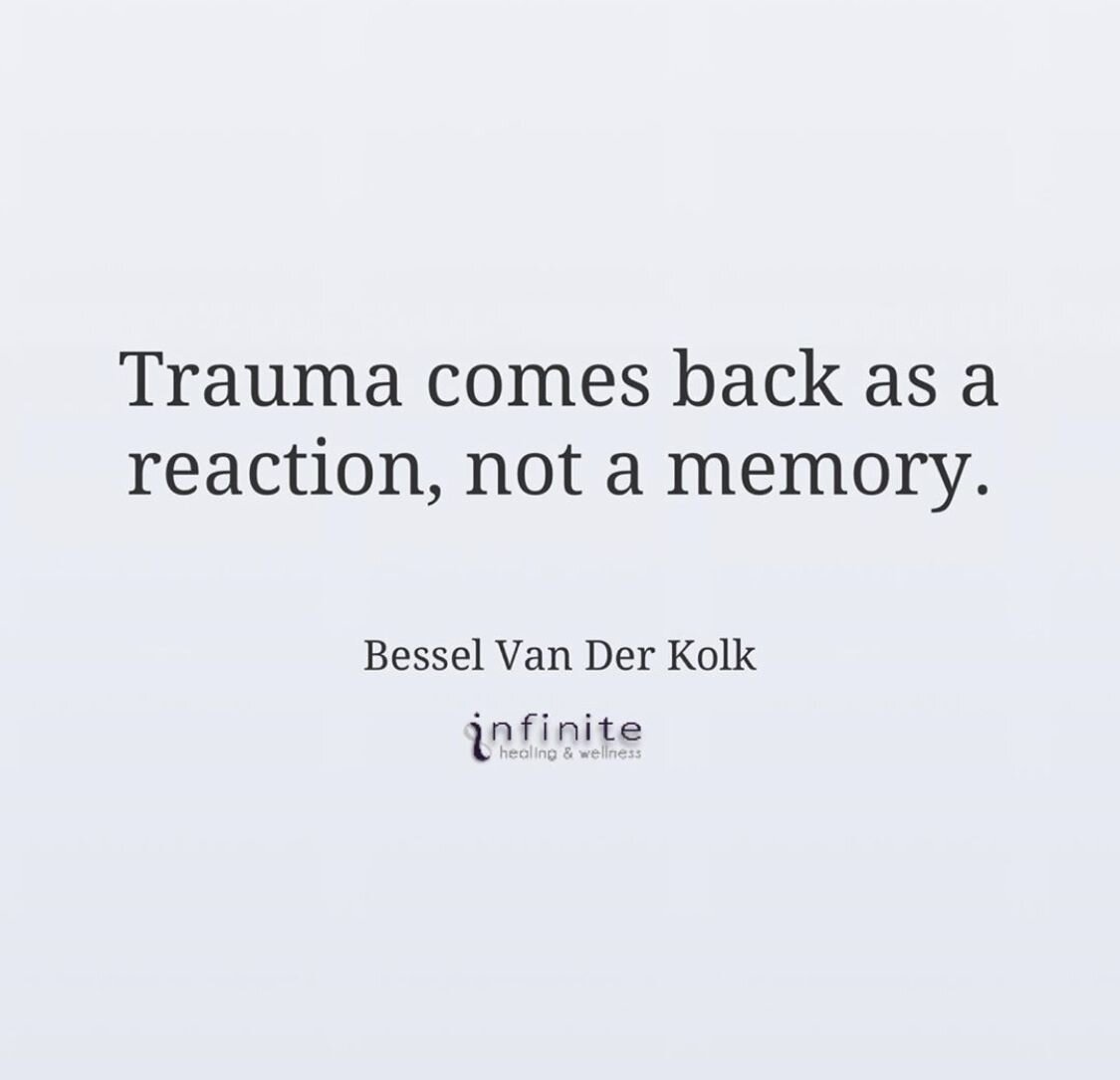
Before March 2020, we couldn’t have possibly imagined the absolute chaos, destruction, and suffering this pandemic would bring about. Two years later, we now have more memories, a different perspective of the world, a deeper understanding, and completely new avenues in which to imagine. The question is now–how do we integrate and understand those experiences so as to build a future that we not only need, but also desire?